
You may be able to count on your mailman in rain, snow, sleet, or shine, but what about your outdoor solar lights?
One concern for many solar light owners is what happens to them when the weather is not ideal, be it wintry, rainy, or extremely hot and cold. Since the batteries in solar lighting are charged by daylight, these are understandable worries.
Depending on what climate you live in, you may be wondering about how your solar lights will perform in different conditions.
Here we will answer a few of the top questions often asked about how solar lights work in the winter and in other situations so that you can be sure to prepare well and purchase accordingly.
Do outdoor solar lights need direct sunlight to charge?
Generally speaking, outdoor solar lights charge up by receiving direct sunlight. So, the more sunlight received during the day will directly impact how long the light will stay illuminated at night.
On average, a fully charged solar light from eight hours of sunlight will run for about 15 hours.
Cloudy weather can certainly affect how much your outdoor solar lights will charge, as the cover will not permit as much light through. When it is overcast, you will likely notice a drop in the longevity of your illumination at night.
Using solar lights for long periods of time without enough sunlight may eventually weaken their ability to properly charge. During winter months with cloudier weather, your outdoor solar lights operating times may vary as much as 30 to 50 percent, according to the US Department of Energy.
While solar batteries can charge with incandescent light, it is typically much easier to charge them with sunlight. Make sure to place your outdoor solar lights strategically –– locations where they will receive the most sunlight, be free of most shadows, and are not blocked by any debris, vegetation, or other elements such as shadows or shade that could block the incoming sunlight.
If you own a solar light that is separate from the solar cell panel, only the panel needs to be placed in the sunny area.
Do outdoor solar lights work in extreme weather?
As a general rule of thumb, solar lights can be used all-year round in various temperatures.
While many people note that their solar lights may not work as well in the winter, this is likely more attributable to the cloud cover than it is to the freezing cold. In fact, some solar lights may actually work better in the cold than in other types of weather, as they function more efficiently in cold weather than in hot weather.
While there is no set temperature that you should bring your lights inside for, you should keep a watch on other elements of extreme weather, both hot and cold. For example, high-speed winds might knock them over, or large amounts of snow could cover them up, greatly reducing their ability to effectively perform at a high brightness level.
If you do decide to bring your lights in to store during such times, make sure that they are in the off position and stored in a dark place.
Can outdoor solar lights get wet?
The durability of the solar lights you purchase will affect how much inclement weather your solar lights can withstand.
If your lights are made from glass, they should not be left outside in large amounts of rain or snow, as they might break. Additionally, heavy amounts of rain or snow can also block the solar panels from being able to receive adequate light, and greatly reducing their efficiency.
Check the individual lights that you purchase in order to see what kinds of conditions your outdoor solar lights are best suited for.
Finding the Right Light for Any Weather
Outdoor solar lights are a great addition to the outside of your home, and it’s good to keep in mind that different times of year can have different effects on how well they will perform.
Remember that solar lights work best in direct sunlight, so cloudy weather can diminish how well they perform. Depending on where you live and the amount of sunlight you get throughout the year, you may choose to either store your lights for some part of the year, or strategically place them so that they receive the maximum amount of sunlight possible.
In extremely cold temperatures, your solar lights may actually work more efficiently, but not in extremely hot ones. Most solar lights are engineered to withstand a wide range of temperatures, so there is no one rule of thumb regarding when to take them inside for storage according to temperature.
However, other extreme weather conditions, such as severe rain or heavy snow may risk breaking the glass or diminishing the light’s ability to absorb sunlight. Make sure to consult the information included with the solar light you purchase to find out about its individual capacity.
No matter what the weather brings, outdoor decorative or landscape solar lights are a great addition to the outside of your home, and Outdoor Solar Store has all the info to get you started.

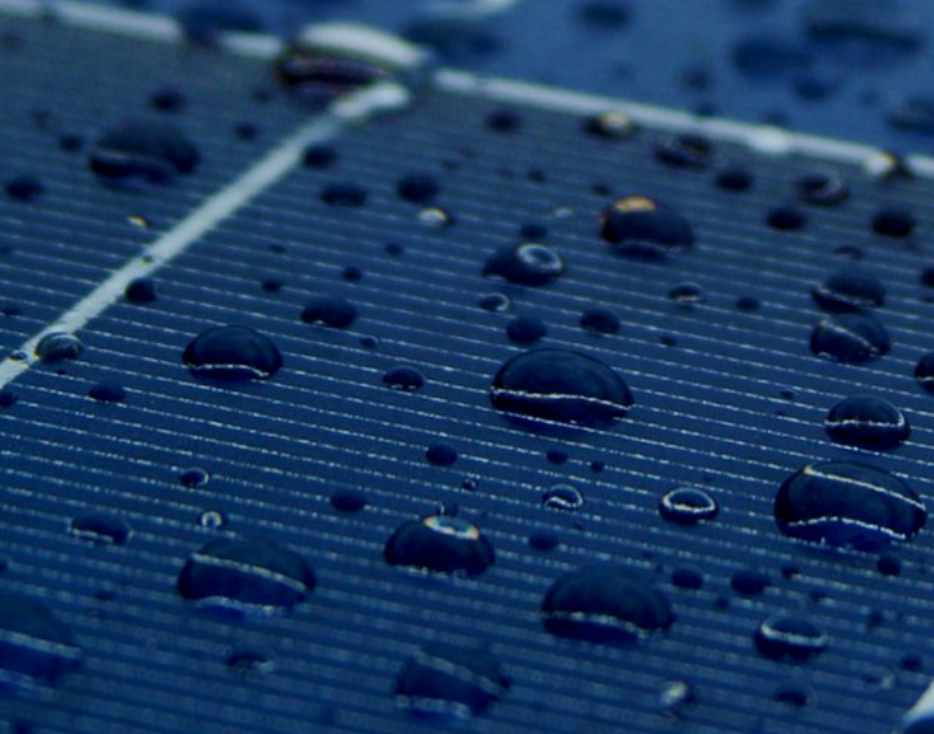
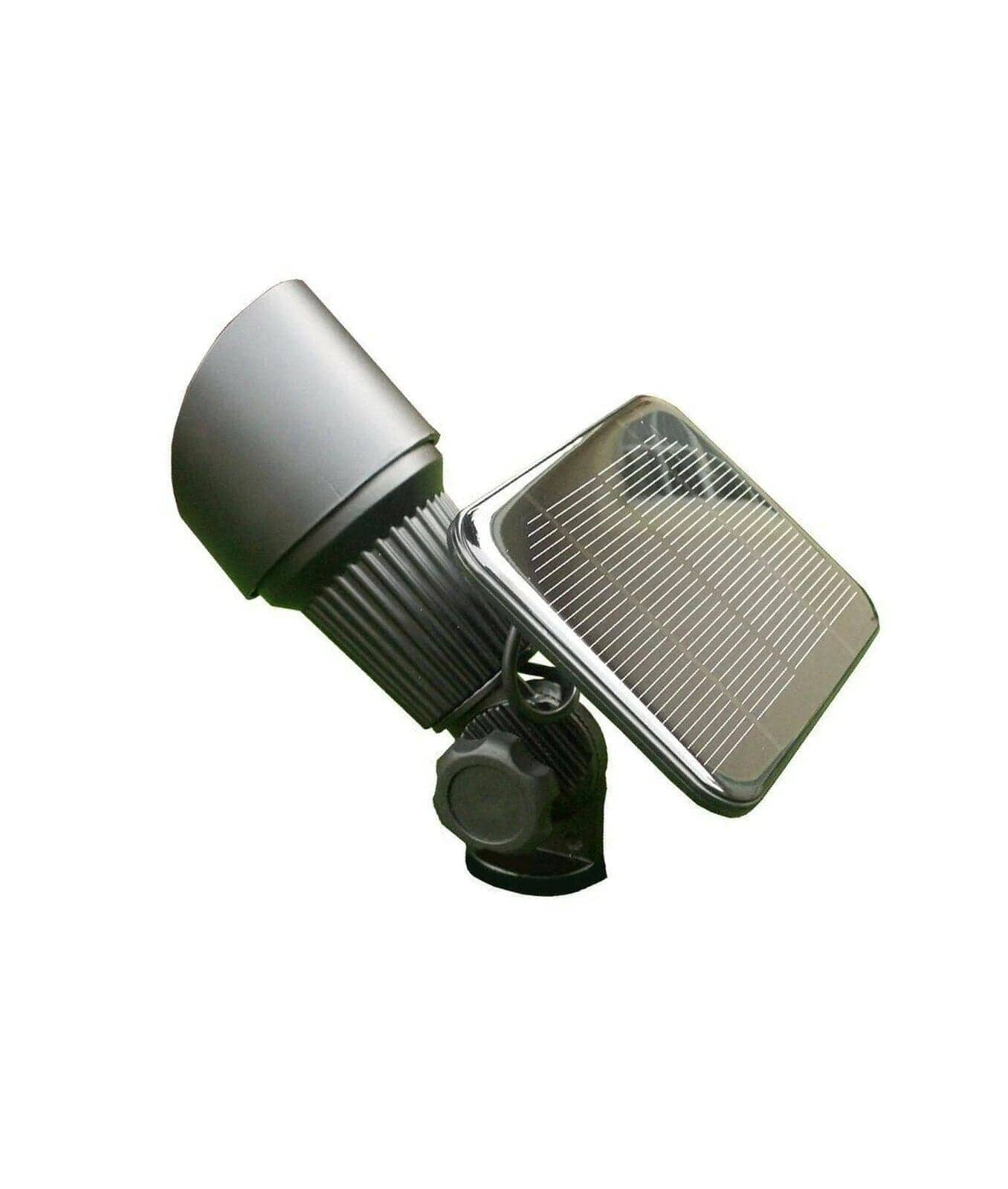
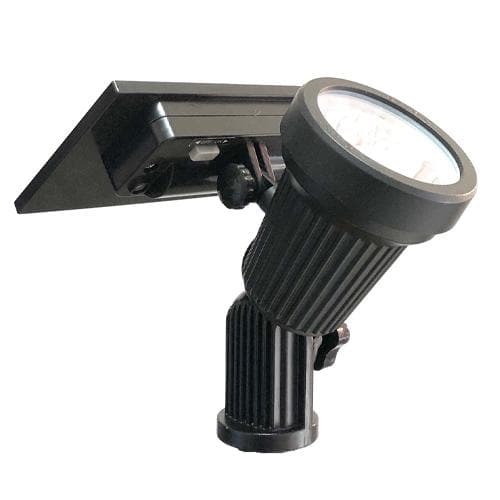
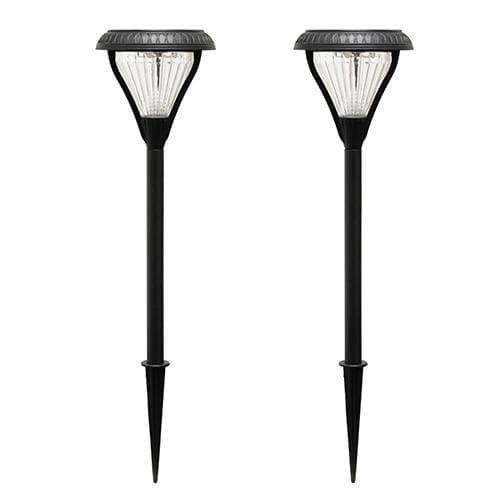
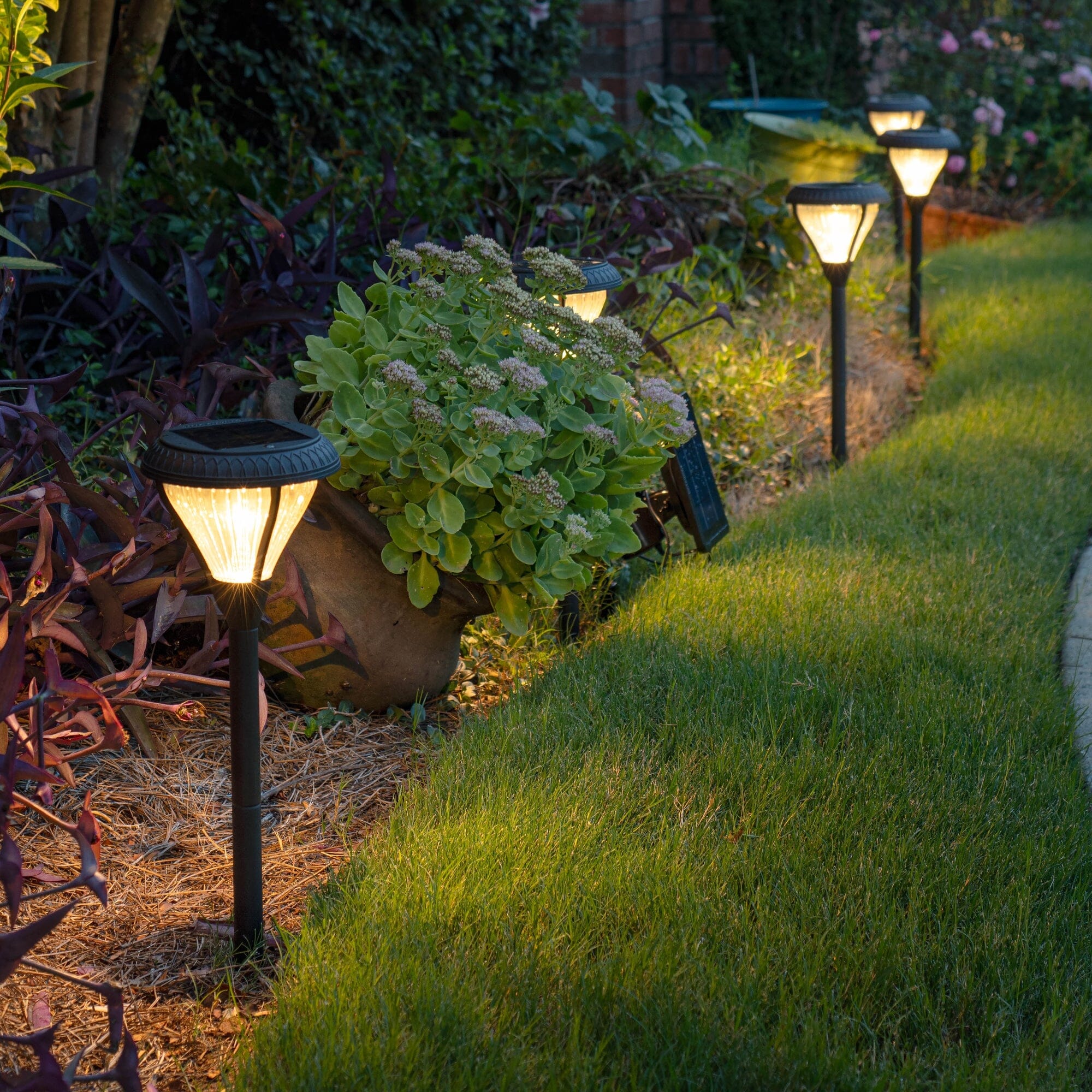
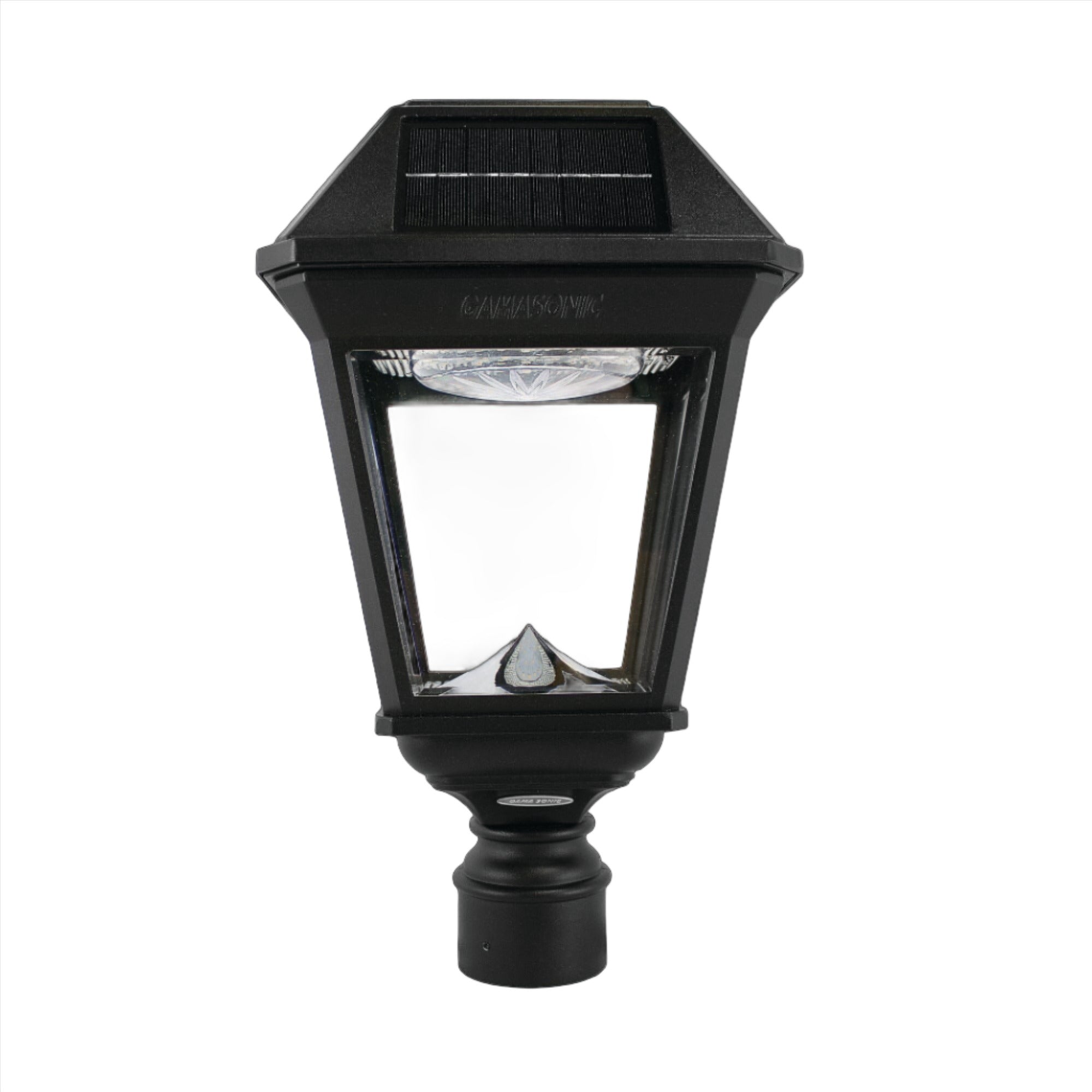
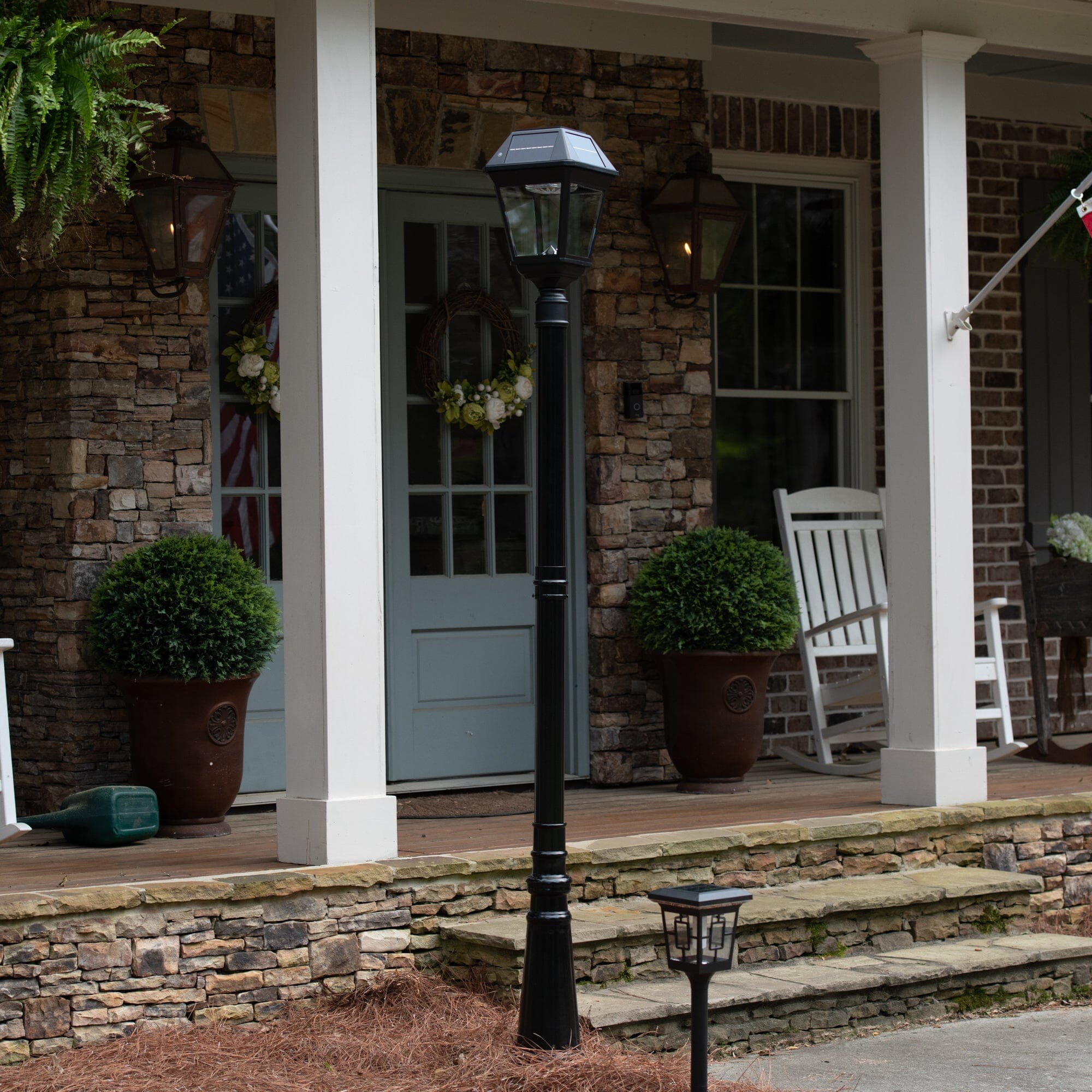
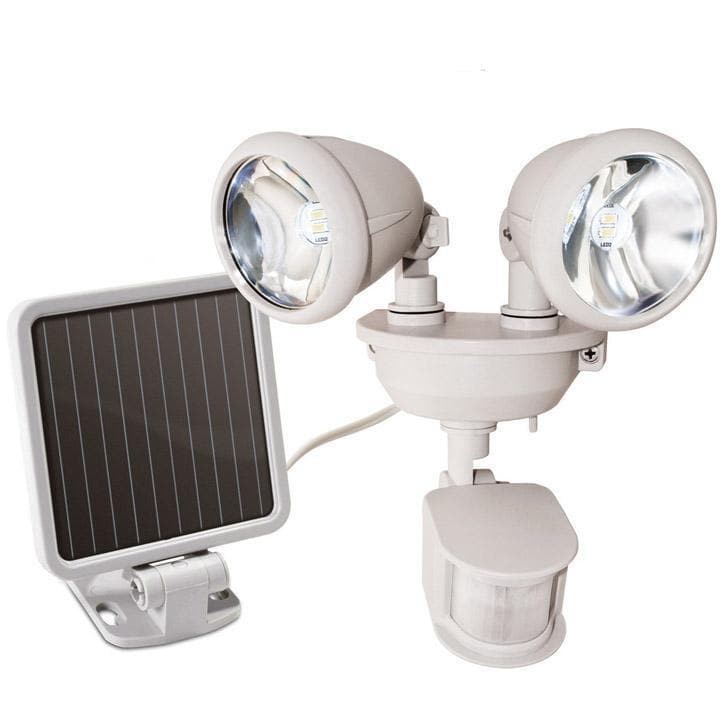
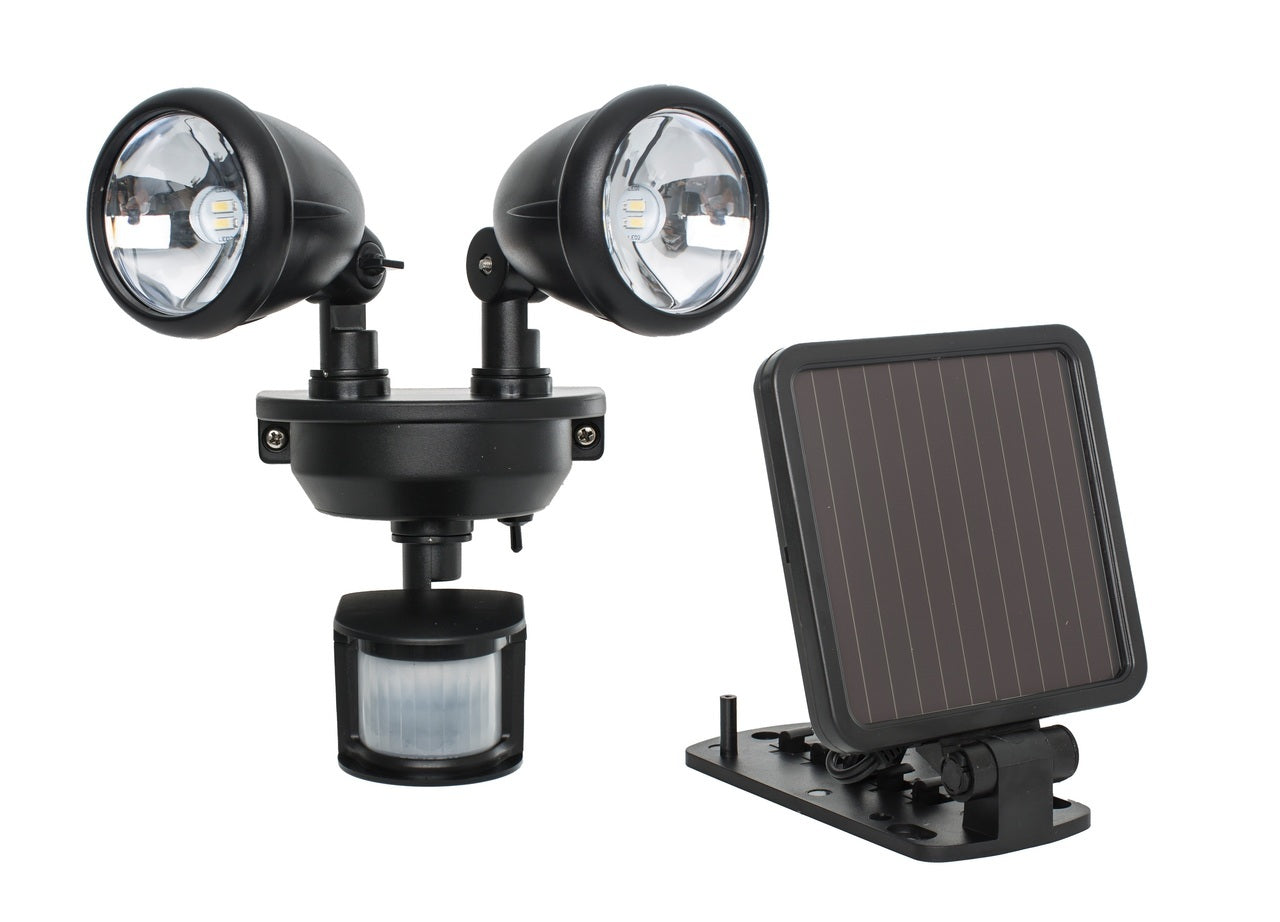
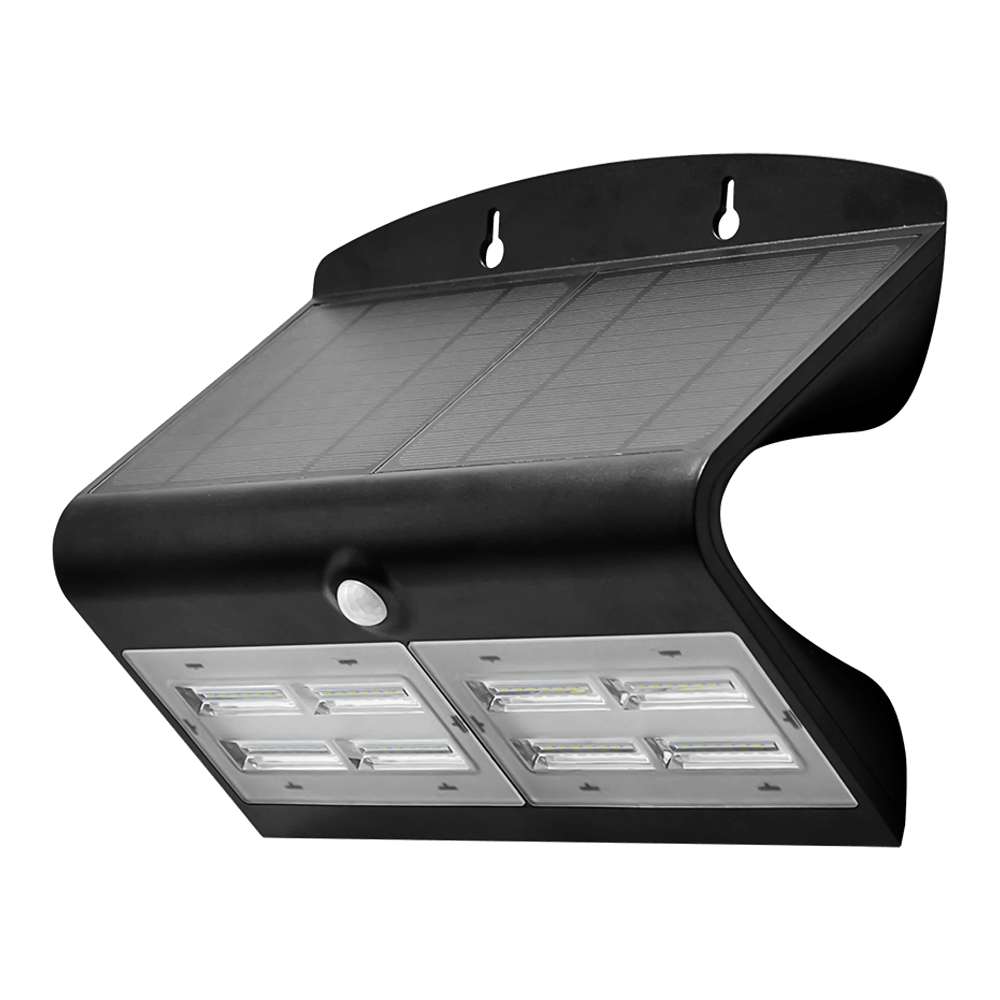
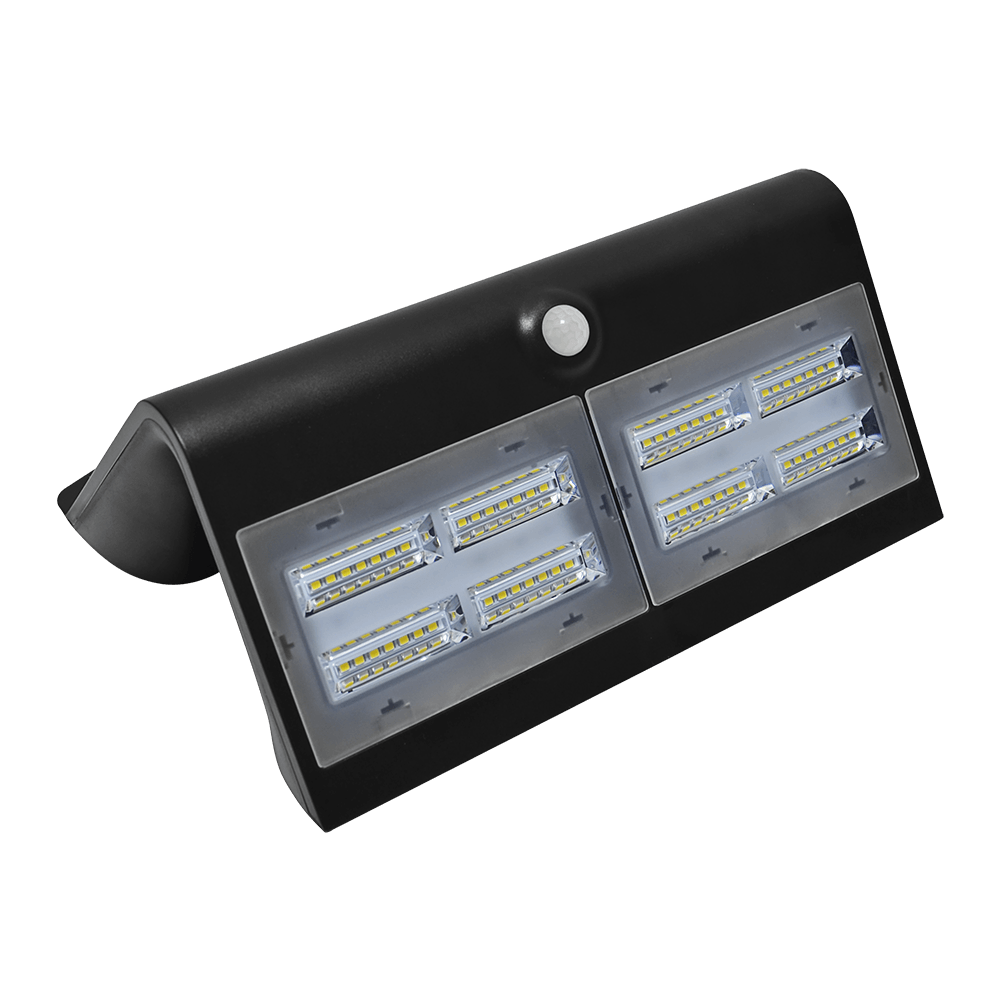
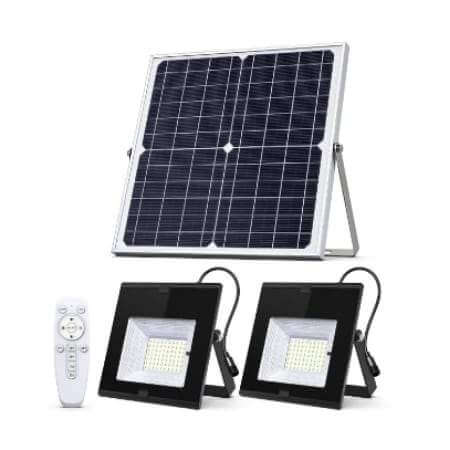
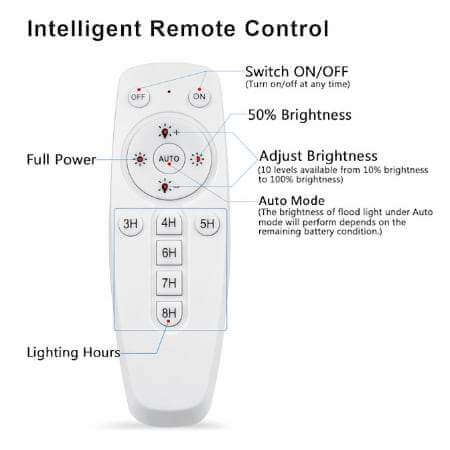
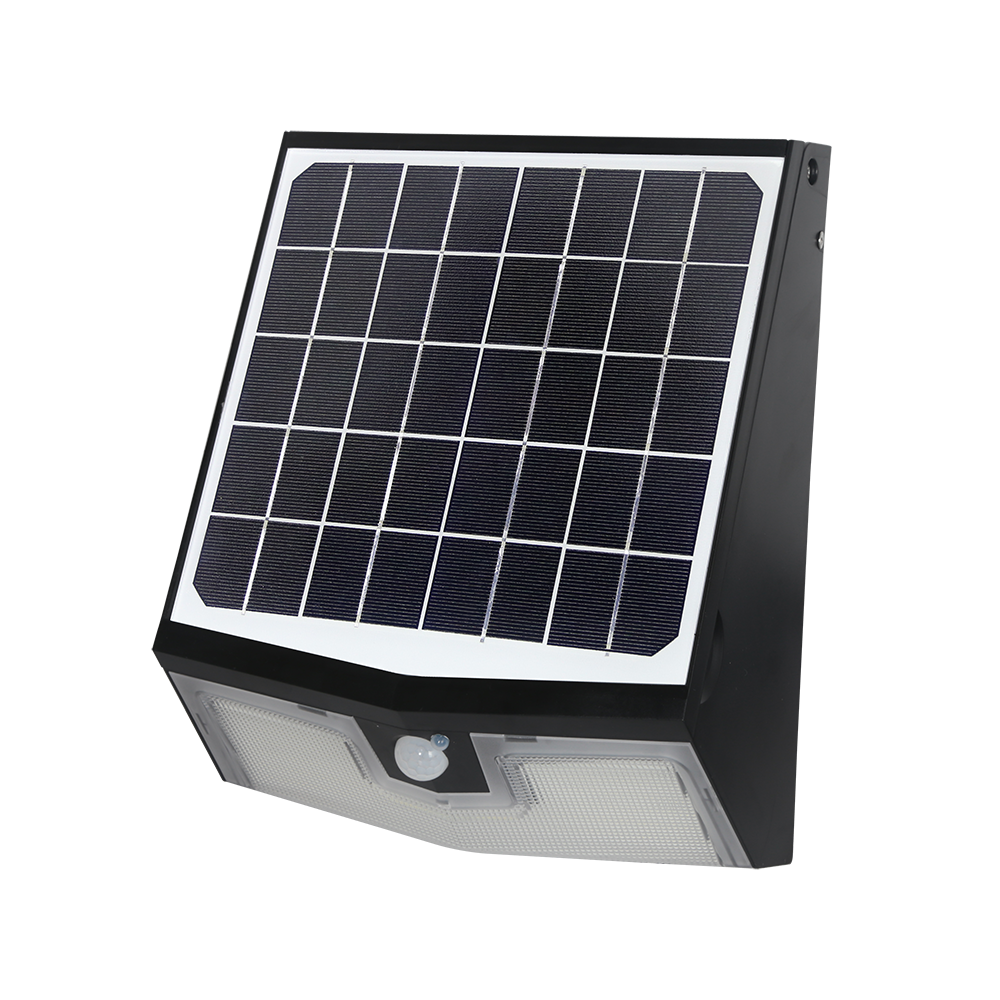
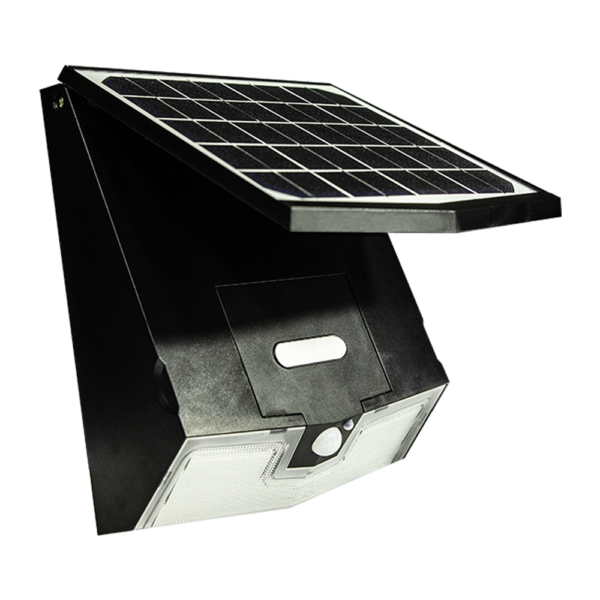
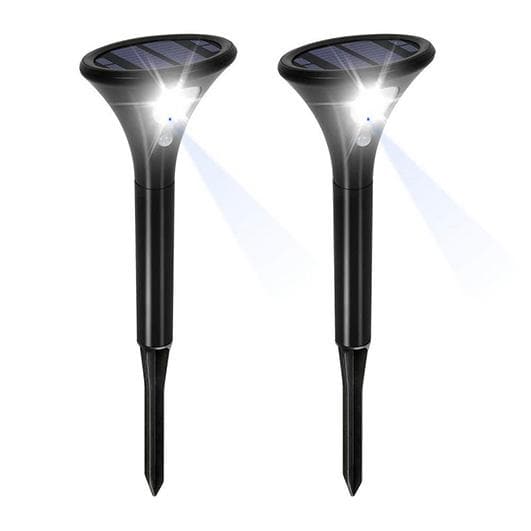
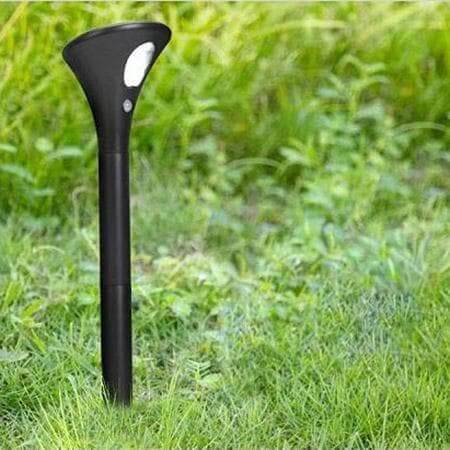
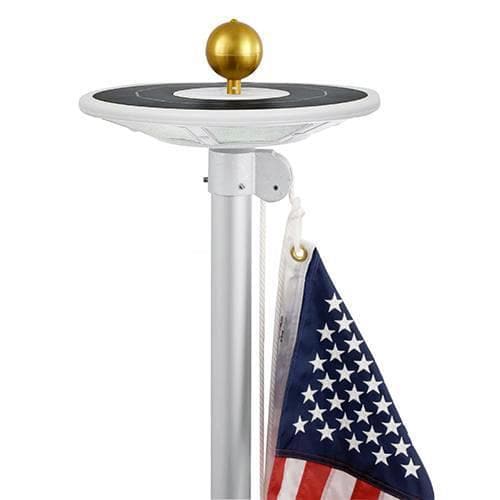
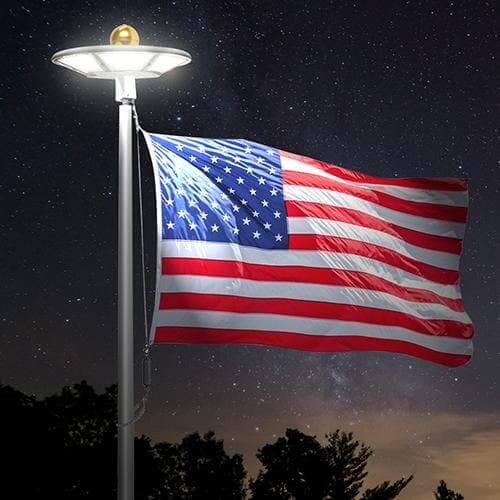
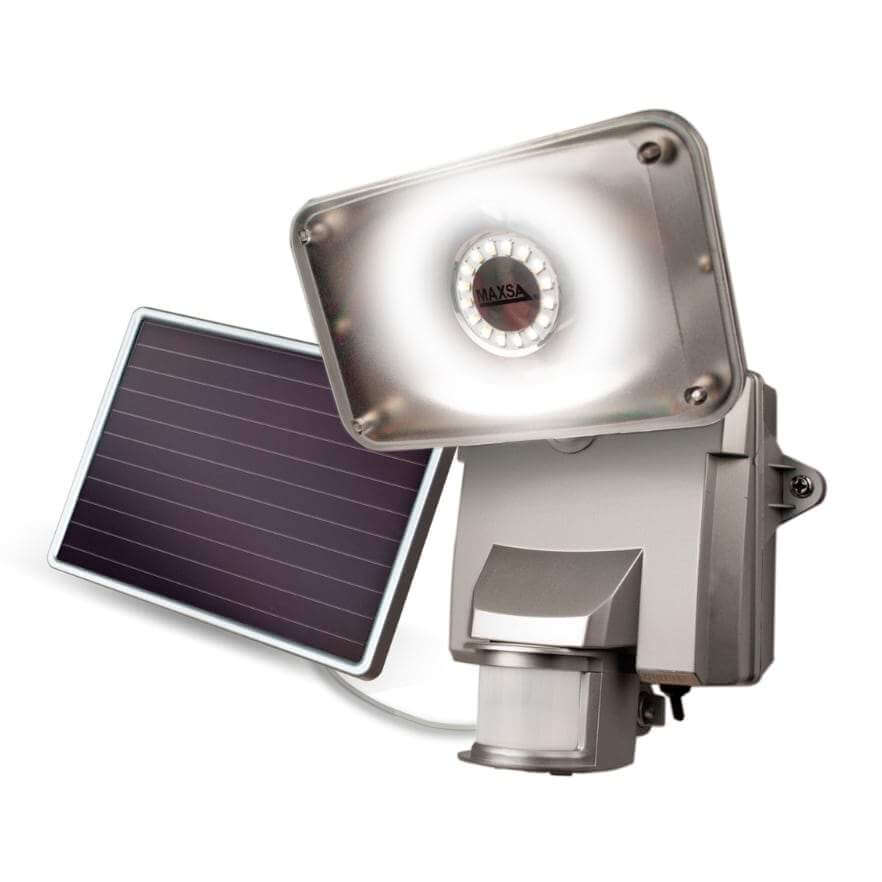
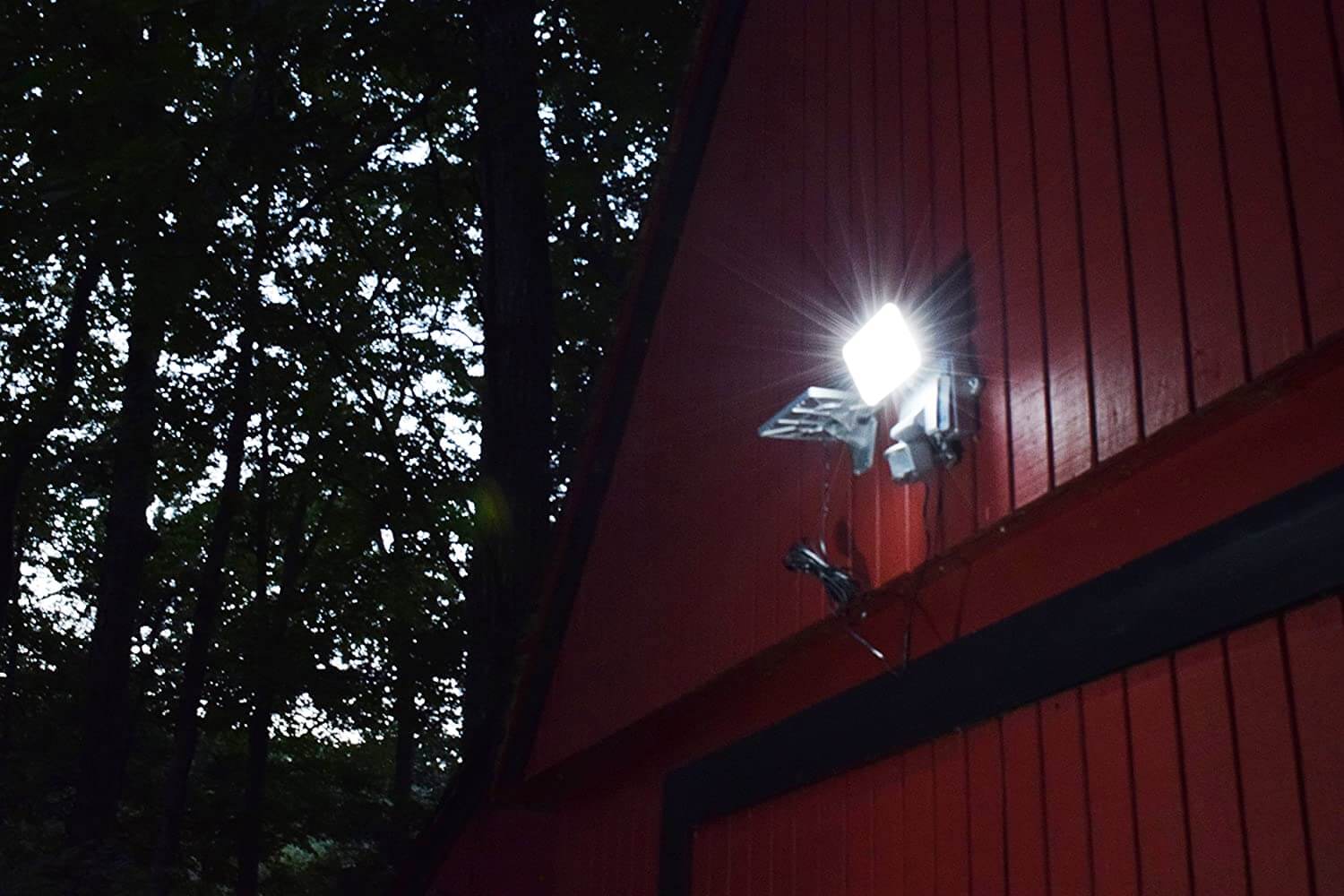
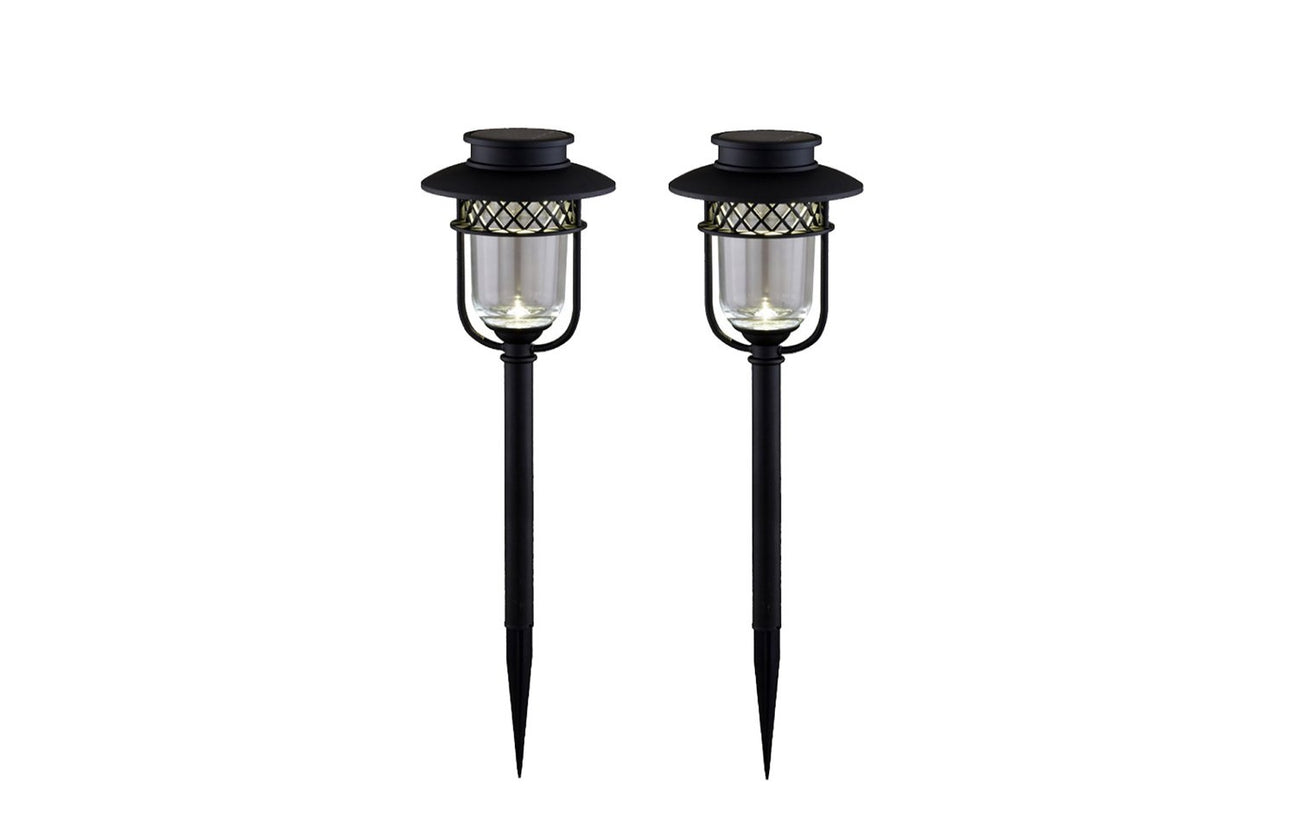
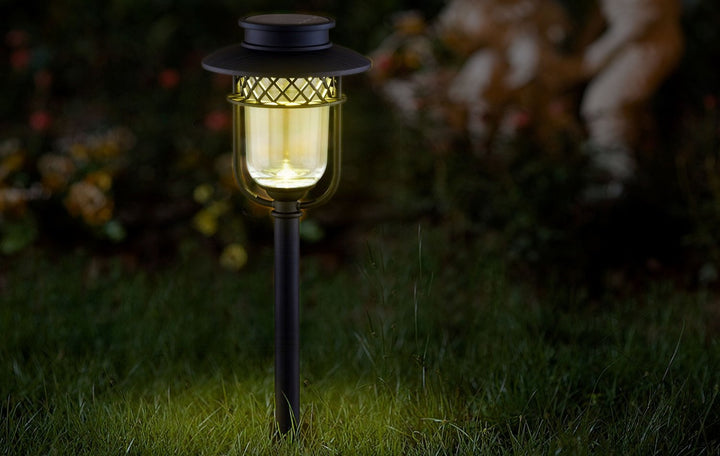
2 comments
Jennie Blackwell
Is there something I can use to charge my solar powered outdoor lights?
Deborah L Ryan
I bought an Eternal light cross 5/13/2019. All it’s done is rain in Buffalo NY. I think there may have been 1-2 sunny days but I don’t think it was continuous. I rechecked the batteries to make sure they were installed correctly & moved it several times to get the most sun. It doesn’t work. So not sure if its batteries or lack of sun. How much sun is required anyway? Could it be defective? Should I return it?